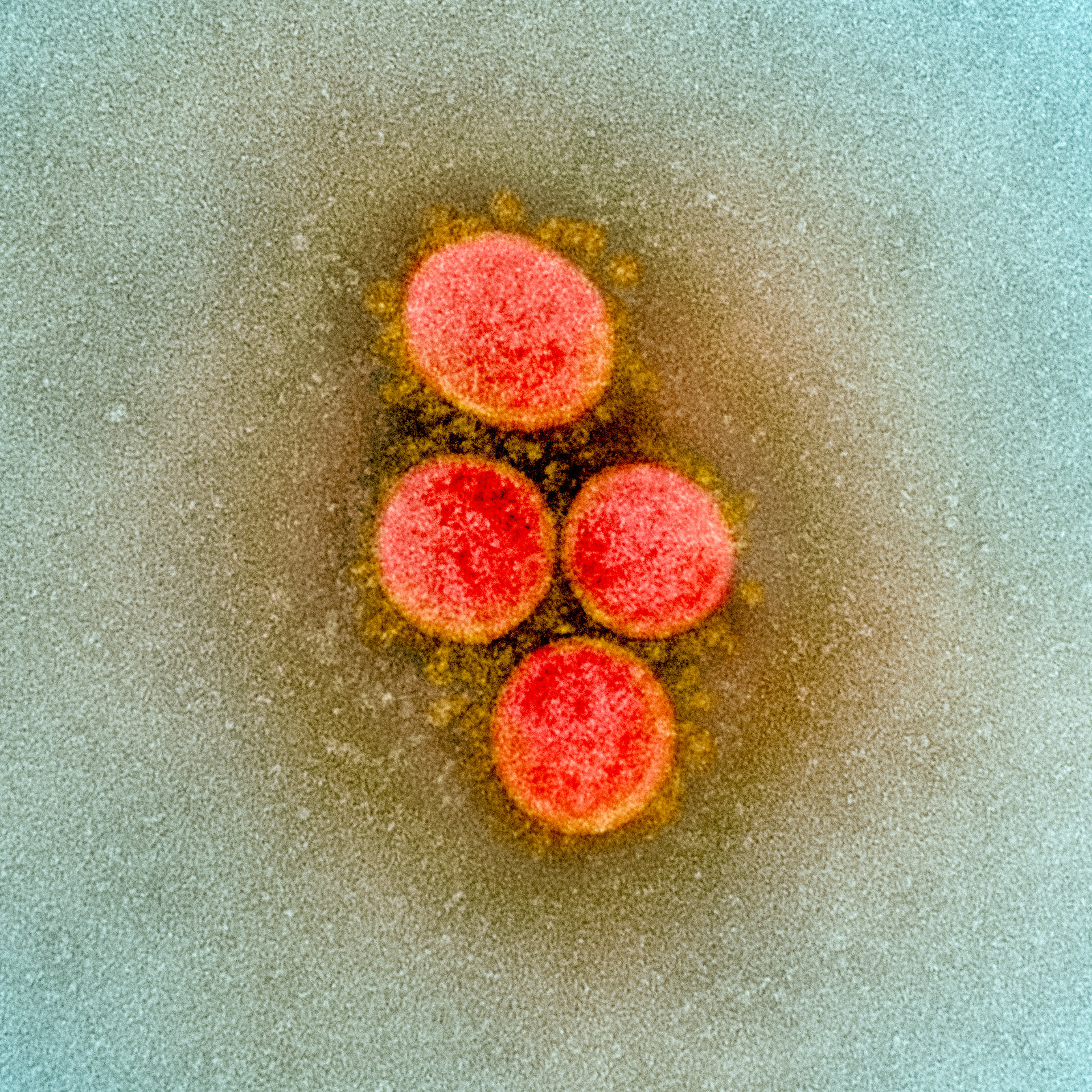Cipla launches COVID-19 drug remdesivir in India as disease takes hold

Efforts to get Gilead’s experimental COVID-19 drug remdesivir to patients in badly-hit India are building after drug maker Cipla announced it had launched the drug in the country.
The launch follows an agreement in May where Gilead extended to a voluntary non-exclusive licence to Cipla to manufacture and market a generic version of remdesivir.
The Drug Controller General of India has granted Cipla regulatory approval for restricted emergency use as part of a fast-track process, using the brand name Cipremi.
This includes a risk management plan for use of the drug, including patient consent documents, post-marketing surveillance and a phase IV trial in the country.
In May, Gilead signed non-exclusive voluntary licensing agreements with six Indian pharmaceutical companies to boots the supply of remdesivir.
These companies were Dr Reddy’s Laboratories, Zydus Cadila, Biocon, Hetero Labs, Jubilant Lifesciences, and Cipla.
Remdesivir was the first drug to show meaningful clinical activity against COVID-19 in a phase 3 trial, reducing the time to recovery in patients hospitalised with the disease.
It also showed a numerical trend towards reducing mortality rates and has also been approved by the FDA under an Emergency Use Authorisation.
Cipla said that it will supply through government and open market channels to ensure fair distribution.
India has become one of the countries worst hit by the disease and recorded 15,413 new cases on Sunday and more than 14,000 cases so far today.
The country’s death toll from the disease is approaching 14,000 and it reported 445 new deaths today.
The disease has become concentrated in hotspots in the country’s poorest districts and the outbreak is centred in the states of Delhi, Maharashtra and Tamil Nadu.
Remdesivir has competition as a treatment for COVID-19 – a UK clinical trial has shown the cheap steroid dexamethasone can reduce mortality and recovery times in patients hospitalised with the disease.
Cover image courtesy of Rocky Mountain Laboratories/NIH












